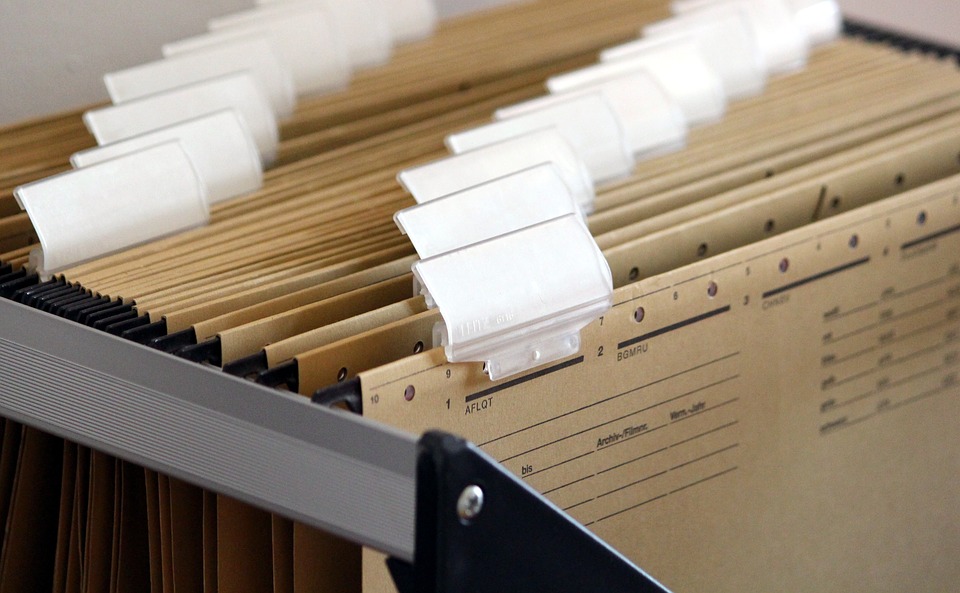
When you start your own business at home, you’re soon going to learn what it means to truly be responsible for your own success. Your motivation, your productivity, your goals, they are all under your control. But that doesn’t mean it’s down to the willpower of your spirit alone. Preparation and organization are going to help you achieve the results you want. It will keep you working to your own standards, ensure you keep hold of the crucial elements of the business and be happy that you’re on track.

Know your place
One of the ideas that a lot of people like about working from home is being able to use any space they want, to take it casually and work where it suits them in the moment. When you start running a home business, you soon realize that’s not helpful at all. It’s not easy to work from home and one of the biggest reasons is because people can’t properly separate the business from the personal in the house. You have to set up a space that’s dedicated to work. One that has boundaries keeping you separate from others in the home and is free of distractions like TVs that can otherwise easily eat into your time.
All the time in the world
And what about that most precious resource: time? How do you know you’re using it well? For one, you need to make sure you keep any appointments you set and make punctuality one of the core practices of the business. Whether it’s paper or digital, keep all your appointments and deadlines on one calendar and one calendar alone. Splitting it makes it a lot easier to lose track of things. When you’re starting to get into the swing of the business, you’ll find you have a handful of to tackle every day. Look through those tasks and prioritize which should take up your time, creating to-do and to-don’t lists with tools like asana.com. Slot in some scheduled time for checking emails so it doesn’t get in the way of other tasks, too.

Change the record
As business goes on, you’re going to find yourself collecting more and more records. Many of them will be of vital importance. You’ll have expenditures, invoice copies, tax returns and so that make up your accounting. You’ll have notes from clients, plans for certain projects, official registrations for the business, and more. Creating a sturdy, organized approach to record keeping is crucial. Finding what should be digital and what will be physical is up to you. Physically, make sure you’re protecting documents with supplies from places like nickysfolders.com and keeping them in a date ordered or alphabetized filing cabinet, not a bunch of piles. For the digital files, you have to make sure that you have some folder and file architecture that you understand. Keep business files kept separate from any personal files, even on a different device than the one you use personally, if you can.
Back it up
Digitally, there’s nothing more threatening to your business than losing all your data. Nowadays, however, it’s getting harder for the business owner who’s truly plugged in to lose that data. Why? It’s all down to data backup options. If you keep a lot of your files digitally, you need to be backing them up every week. You can use Cloud options like backblaze.com to automatically store online all your stuff. But you should also be looking at other physical options such as portable hard drives. Nowadays, you only have yourself to blame if you lose all your stuff because your laptop suddenly died on you.

It’s who you know
We haven’t talked about one of the most important resources of all, yet. The people you know. Human brains only have the ability to remember the details of between 150 and 230 people. A lot of the people that take up that precious brain space are going to be from the personal side of your life. But your business can benefit from remembering many more people. Clients, partners in business, industry heads, influencers, PR people from papers and publications. There are a lot of people you would do well to remember. To that end, make sure you create a database of the contact details and your past dealings with those your business encounters. You never know when you might have an opportunity to capitalize on that past.
The tips above aren’t the only ones that will help you keep an organized approach to the business. Plan ahead, find your goals, streamline your methods. Adapt, evolve, and keep finding the most efficient way to do things. You’ll find it much easier to manage the business if you do.


